The video game industry has been evolving and expanding for over 50 years, from the clunky coin-operated arcade machines to playing games on our phones, or even through the cloud. Entire genres have risen and subsequently fallen, as have game development studios of all sizes.
While we talk about video games plenty here at TechSpot, those pieces tend to focus on the games themselves or how they run on modern PC hardware. Today, however, we're going to pull back the curtain on the industry and take a look at the studios behind some of our favorite games to determine what makes them tick. How have they contributed or influenced the industry? What are some of their biggest successes? What sorts of games do they prefer to make?
To be clear, there are plenty of studios that you won't find in this article that might be just as worthy of praise, but including them all would be impossible. Without further ado, and in no particular order, here are TechSpot's Top 10 Game Developers of All Time.
Nintendo

- Founded: September 23, 1889
- Genre specialty: Various
- Notable franchises: Mario, The Legend of Zelda, Pokémon, Donkey Kong, Animal Crossing
There are dozens of highly-successful international gaming firms out there, but few can create experiences that appeal to everybody – no matter your age – as well as Nintendo. You need only look at the incredible success of the Switch for evidence of that. Despite launching well into the lifecycle of last-gen consoles, the Switch has managed to sell over 90 million units since it launched in 2017, surpassing the Xbox One's lifetime sales and quickly approaching the PlayStation 4.
People buy consoles to play games, and Nintendo makes some of the most popular games around, as they have done for decades - since the early 1980s, when the company still distributed handheld "Game & Watch" systems. Why? It depends on who you ask. Some might say it's the ubiquitous long-term franchises that are at Nintendo's core that carry it forward; the likes of Mario and Pokémon. Others would argue that it's the company's openness to new ideas that has allowed it to remain relevant. After all, who would've expected Zelda to turn into a fully open-world sandbox?
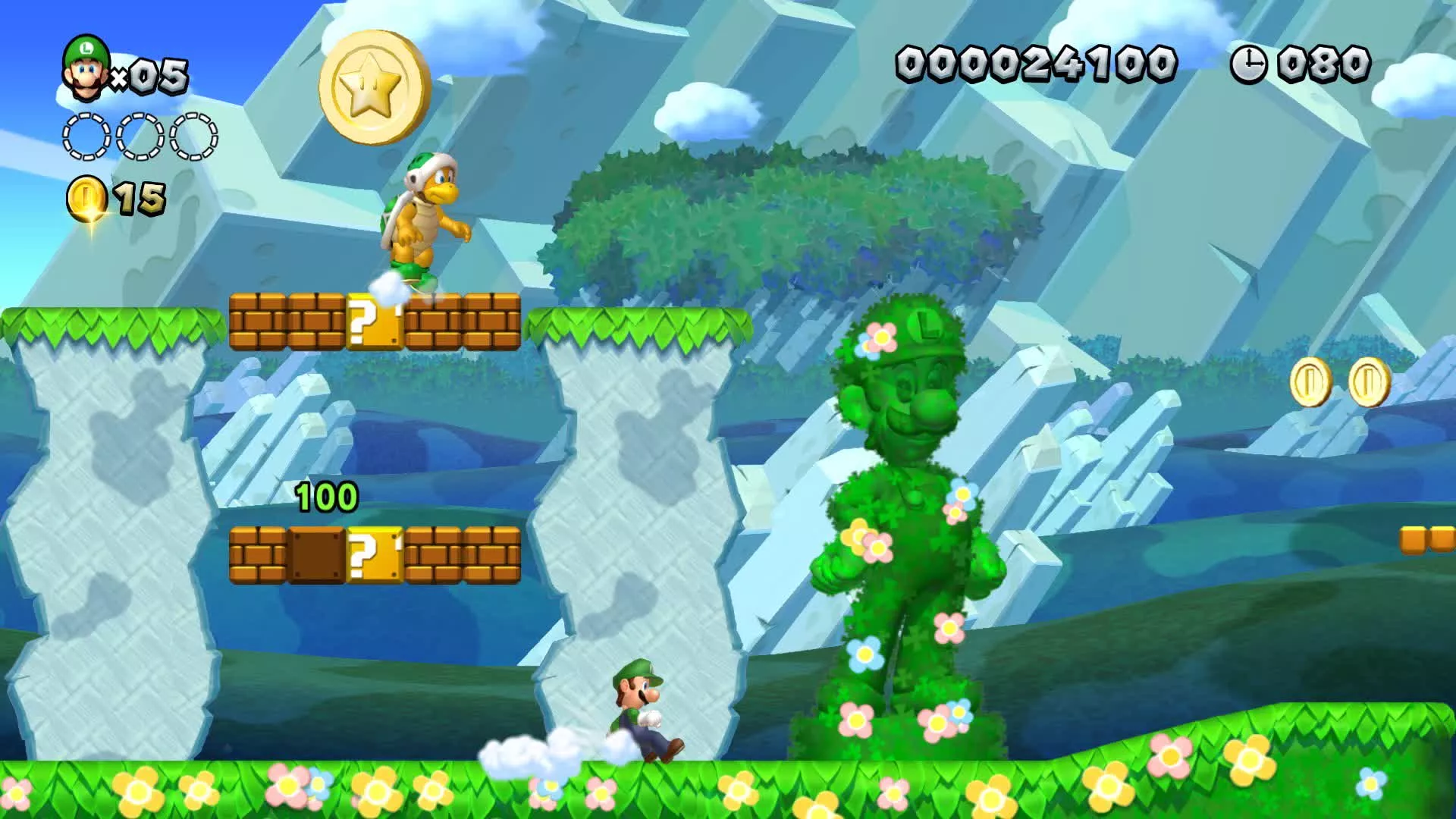
However, Nintendo's success goes deeper than that. A key explanation of how the company's managed to capture the hearts and minds of millions around the globe is rather simple: they focus on making games that are fun, first and foremost. That might sound a bit strange, surely all games are designed with fun in mind, right? To an extent, yes.
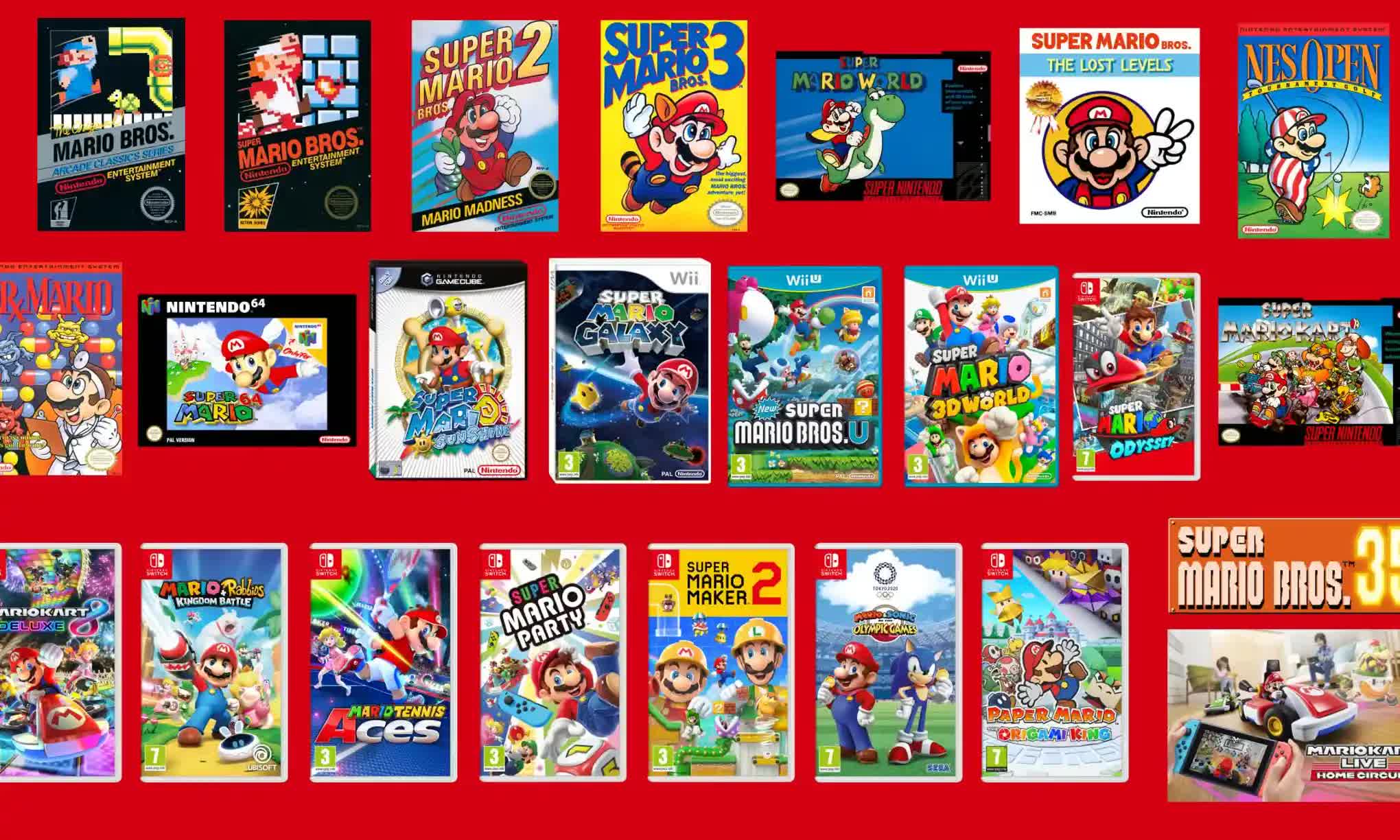
These days, though, the desire to maximize monetization, manipulate player psychology, and keep people playing as long as possible has started to get in the way. Battle Passes, cosmetic purchases, loot boxes, and weekly raid lockouts are all commonplace and they may have its time and place. But Nintendo tends to concern itself less about those trends. Its developers make the games they want to make. This means that when you dive into a Nintendo game, you're experiencing it in its purest form, without artificial barriers seeking to frustrate you or block you from progressing.
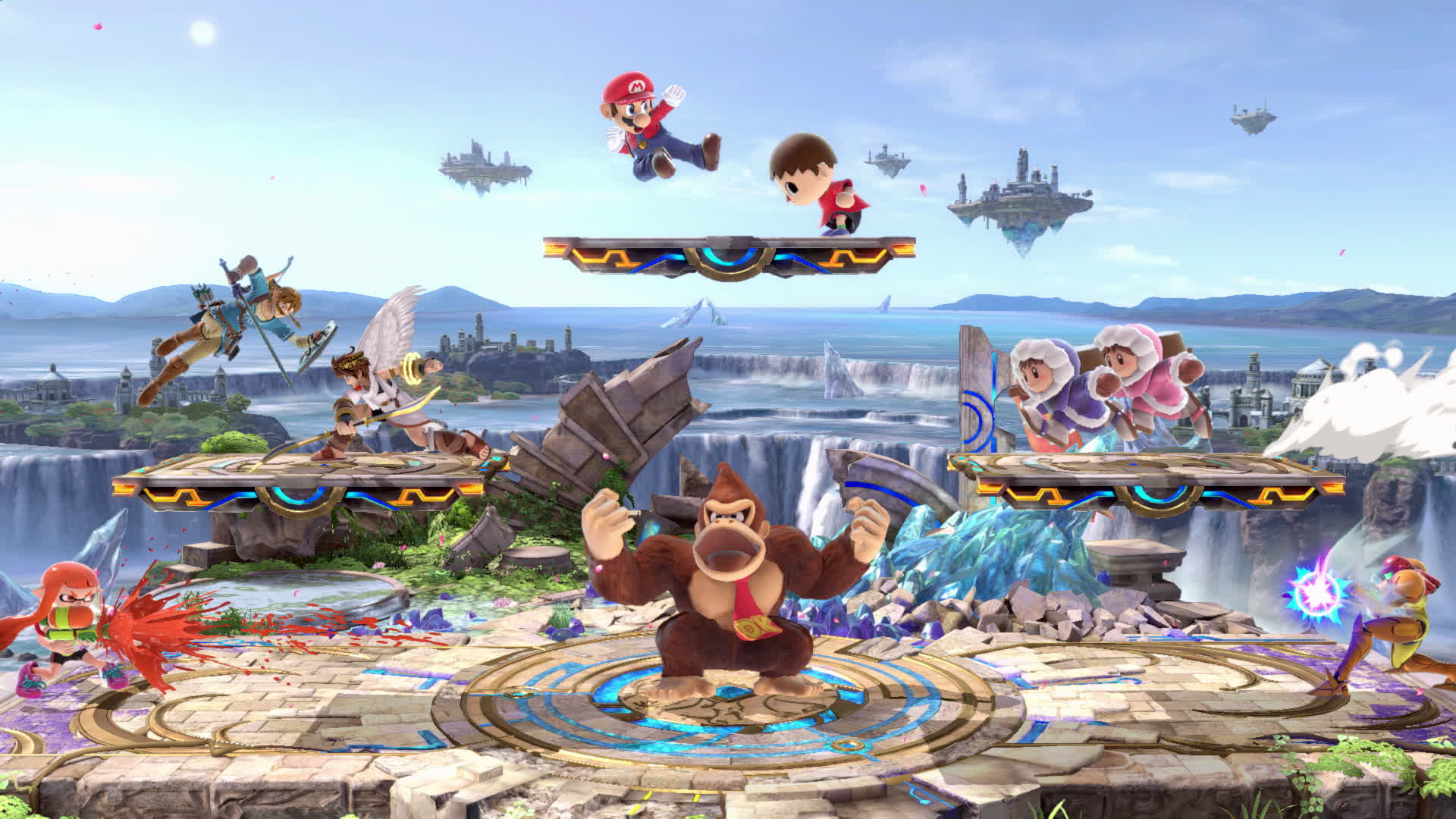
A second key factor is accessibility. While I struggle to get my aging parents or young nephew interested in something like Skyrim or Assassin's Creed, slapping a controller in their hand and having them run around in Breath of the Wild, Animal Crossing, or Super Mario Odyssey was a seamless process. They may not have picked up on all the controls right away, but the fact that the games introduced them to their mechanics gently, and often left room for experimentation, were major selling points.
Broadly speaking, developers at Nintendo prefer to create gaming experiences that are fresh, usually self-contained, and playable by virtually anyone. No matter your experience with the complexities of video games, there's likely a Nintendo game you can pick up and enjoy. And the same can't be said for most other AAA development studios.
Bethesda Game Studios

- Founded: 2001
- Genre specialty: First-person open-world RPGs
- Notable franchises: The Elder Scrolls, Fallout
You can scarcely mutter the words "open-world" and "RPG" in a sentence without somebody bringing up the work of Bethesda Softworks. This once-independent studio has practically defined what a modern open-world, fantasy sandbox RPG can be.
Dynamic worlds with real NPC jobs and schedules? Check. The ability to enter virtually every building and rob it blind? Check. The freedom to play whatever type of character you want, with minimal restrictions? Check, check, and check. Virtually all of Bethesda's games follow this formula to the letter, and while some might say it's gotten a bit stale, I beg to differ. I can just as easily dive back into Skyrim today as I did back in 2011, and judging by the game's massive modding scene – more on that in a bit – I'm not alone.
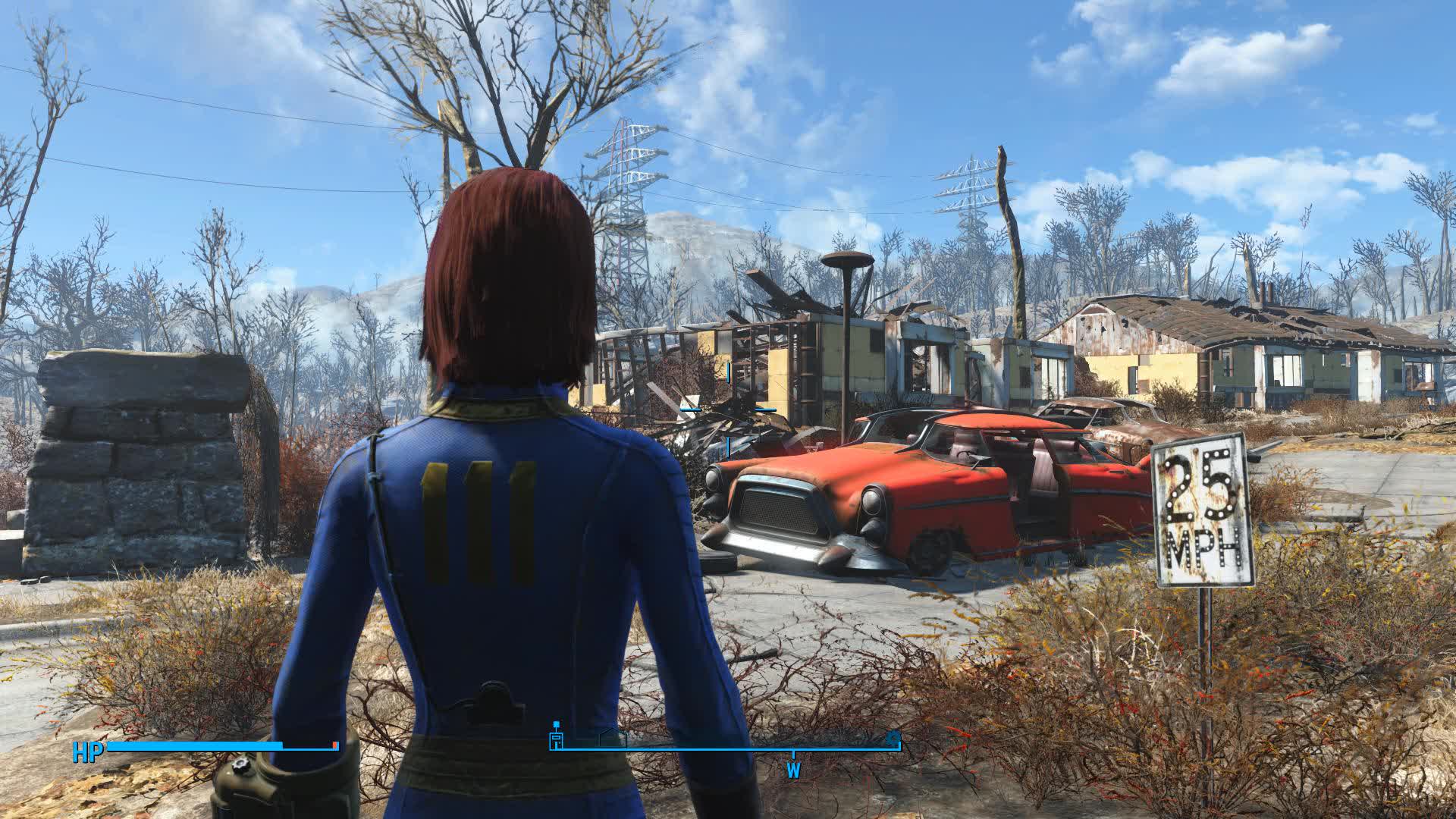
Bethesda was established in 1986, but it wasn't until 1996 that it started to truly make a name for itself. That was the year Daggerfall came out. While I wouldn't say it necessarily holds up well today, the sheer scope of the game still boggles the mind. It features over 15,000 cities, towns, and villages, dotted across a procedurally-generated world that could take you real-world days to cross by foot. Though rudimentary, Daggerfall was the incubator for many of the features that make Elder Scrolls games what they are today: joinable guilds, sprawling dungeons, the ability to sneak, stab, or hurl spells, and a free-form approach to gearing and character progression.
Morrowind stepped things up a notch with 3D graphics, better stories, and a more "alien" world. It sacrificed Daggerfall's ridiculously oversized map for a smaller, handcrafted alternative, but it didn't have to give up much depth to do so. The game is still rather complex, with DND-style dice rolls for attacks, gear pieces that slot to individual parts of your body, and custom spell creation.

Bethesda's newer games, such as Fallout 3, Skyrim, and Oblivion, all took additional steps forward, most notably in the realm of graphics, world simulation, and scope; though often at the cost of core mechanical complexity. But that's fine. At the end of the day, I'd wager most people don't play Bethesda games for the nitty-gritty combat mechanics (which are always clunky).
Bethesda's biggest strength as a studio is its ability to draw the player in, and fully immerse them in a world that feels real. Since we're talking about universes where dragons, magic, necromancers, and mutants are commonplace, that's quite a feat!
When I'm walking through a forest in Skyrim, or sneaking through a ruined city in Fallout 4, I can forget, for a moment, that I'm playing a video game. Few other game developers manage to evoke this sense of wonder and immersion, and that's what makes Bethesda one of the best studios around.
Bioware
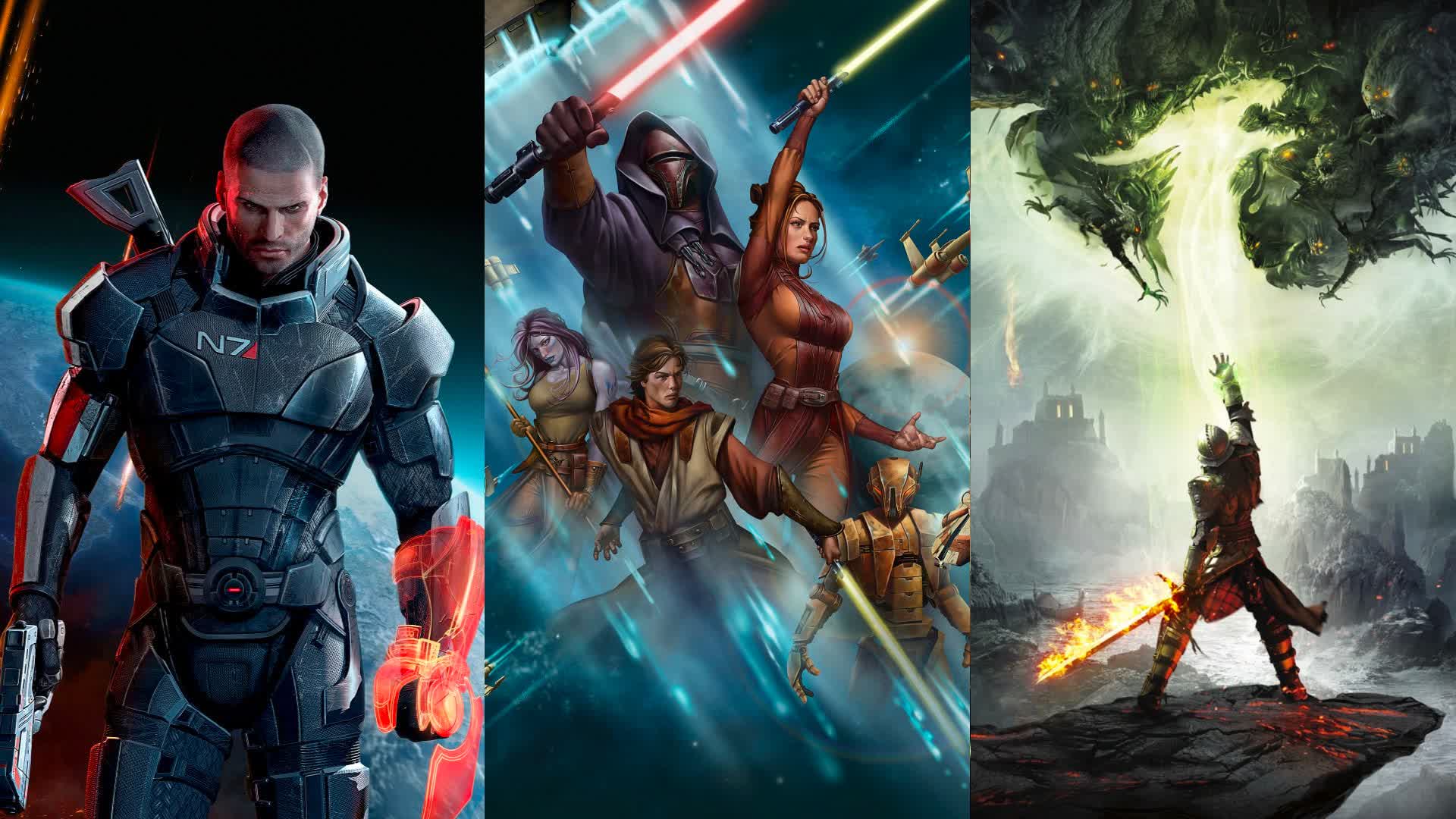
- Founded: February 1, 1995
- Genre specialty: Choice-based RPGs
- Notable franchises: Mass Effect, Dragon Age
If we hyperbolically say Bethesda has laid claim to the open-world RPG genre, we could say the same about Bioware and story-driven RPGs. Just about every gamer has heard of Bioware's successes (and failures), and likely played one or more of their games; whether it be a classic like Dragon Age: Origins or something slightly more modern like Mass Effect 3 and Dragon Age: Inquisition.
While the studio has floundered in recent years with questionable releases like Anthem and Mass Effect: Andromeda, Bioware's history speaks for itself. The company got its start with a mech combat game called "Shattered Steel" in 1996, but it didn't hit its stride until 1998 when the first Baldur's Gate was released. Published by Interplay Entertainment, the Infinity Engine RPG was, to many, their first true D&D-like game. It had many of the classes and races you'd find in 2nd Edition Dungeons & Dragons, including the Fighter, Druid, Mage, Thief, Bard, and more.

Baldur's Gate ran on the now-infamous Infinity Engine: an engine designed for 2D (or hybrid 2D/3D), party-based isometric adventures. The Engine was transformative in the RPG genre, and its creation is the reason we have greats like Pillars of Eternity, Planescape: Torment, and arguably even (slightly) more modern titles like Star Wars: Knights of the Old Republic, which Bioware never would've made had it not seen early success with IE games.
Obviously, modern Bioware is very different than it was three decades ago. However, barring recent releases, the studio never stopped innovating and pushing the boundaries of story-driven RPGs. The aforementioned Knights of the Old Republic is often considered one of, if not the best Star Wars game ever. It allowed players to make a journey from nothing to become a Jedi, while making tough moral decisions along the way that truly seemed to impact the story and its many characters.

Dragon Age: Origins was the same in many ways, and played similarly to KOTOR. It had the same third-person perspective, the same party mechanics, and the same emphasis on story, decisions, and managing complex character relationships. It just did so with (much) better graphics, a fantasy setting, and the now-famous "Origin" system, which gave each character a unique, playable backstory based on their class or race. Though revolutionary at the time, this system has still yet to be faithfully recreated in a modern game - perhaps Dragon Age 4 will finally change that?
The Mass Effect series built upon this solid foundation with a new art style, and a wildly new setting with some of the most compelling characters we've seen in a video game. It added third-person cover-shooter style combat which seemed to get better with every release and a sense of continuity between titles thanks to the save import system in 2 and 3.
No matter how badly some of their recent releases may have flopped, critically or financially, if you look at the core DNA of a classic Bioware game, it becomes evident the sort of impact this long-running studio has had on the gaming industry.
Rockstar Games
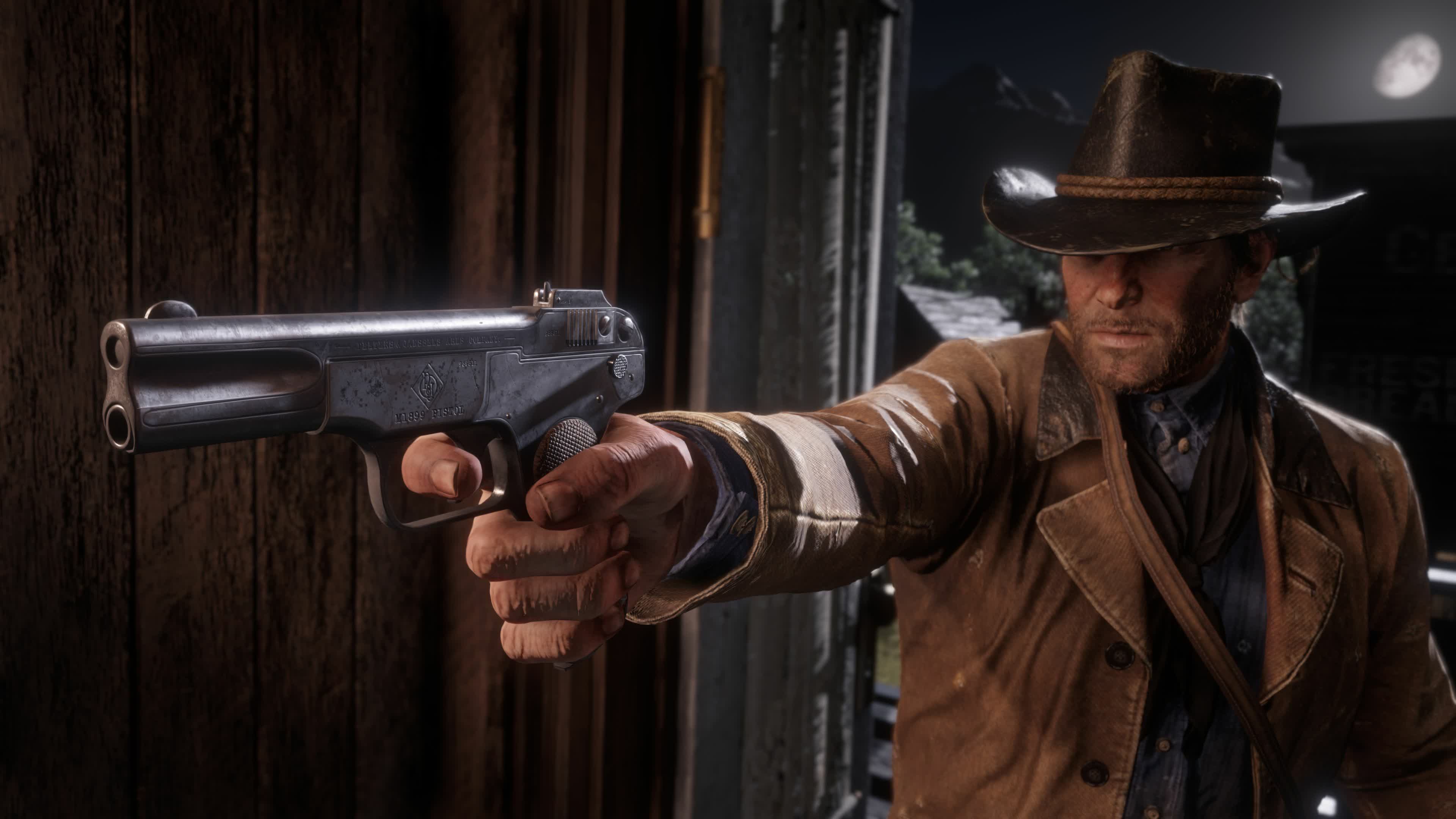
- Founded: December 1998
- Genre specialty: Open-world third-person shooters
- Notable franchises: Grand Theft Auto, Red Dead Redemption, Max Payne
A Rockstar game has always been a very specific type of experience. No matter the franchise, or the year, there's a certain "feeling" that you get from Rockstar releases that few others have been able to match.
It's hard to describe, but it comes from a few design pillars that are constant across launches. First and foremost is a believable world that does its level best to keep your immersion alive. NPCs walk about, talk to each other, yell at each other, occasionally get into fights with each other, and often interact with the player; though the depth of those interactions was, admittedly, a little lackluster in earlier games, but skyrocketed in Red Dead Redemption 2.
People get into their cars and drive around, mostly behaving traffic laws, and all seem to have unique clothes and personalities. AI also seems to improve with every new game, though, obviously, if you look too closely at the broader illusion, the cracks will show. But darn if it isn't a good illusion. Rockstar games are the closest we have to truly simulated worlds in the AAA space; at least, unless Tarn Adams and the great folks over at Bay 12 Games someday launch a high-budget Dwarf Fortress.

The next major thing that makes a Rockstar game is the studio's unique brand of mission design. Rockstar missions and quests are typically split up into a few categories: exposition-heavy riding or driving missions filled with character dialogue, shooting galleries, stealth missions (that inevitably devolve into firefights), and the occasional relaxed moment where you and your buddies grab some fast food or go fishing.
You'd be hard-pressed to find a Rockstar game that doesn't contain most, if not all of those mission types. Some would argue that the formula has gone stale, and perhaps they're right. However, speaking personally, I find that this sense of structure helps draw me into the world and immerse me in its flora, fauna, and colorful characters.

The third design pillar of a Rockstar title, in my opinion, is the sandbox environments. Whether you're playing San Andreas, GTA 5, or Red Dead Redemption 2, outside of missions, you are always given free rein to do whatever the heck you want and just watch how the world reacts. You can lasso people and drop them into lakes in RDR2, or fly a plane into a crowded street in GTA 5. You can go on a rampage in your favorite car and mow down pedestrians left and right, or you can take it slow and pretend to be an ordinary citizen in San Andreas, thanks to its roleplay-focused activities like weight lifting and eating junk food.
Some might find it odd that Rockstar have this juxtaposition: highly-linear story missions, but completely freeform open worlds. However, I'd argue it's very intentional. Sometimes, after a series of emotional or otherwise intense story missions, you just need to come up for air.
Maybe Rockstar's approach to game design will lose its appeal in the future. But so far, it's made their games living legends in the eyes of their players; of which there are many - GTA 5 alone has sold over 155 million copies as of writing. If that level of success isn't a sign of a half-decent game developer (whether you like their formula or not), I don't know what is.
Square Enix
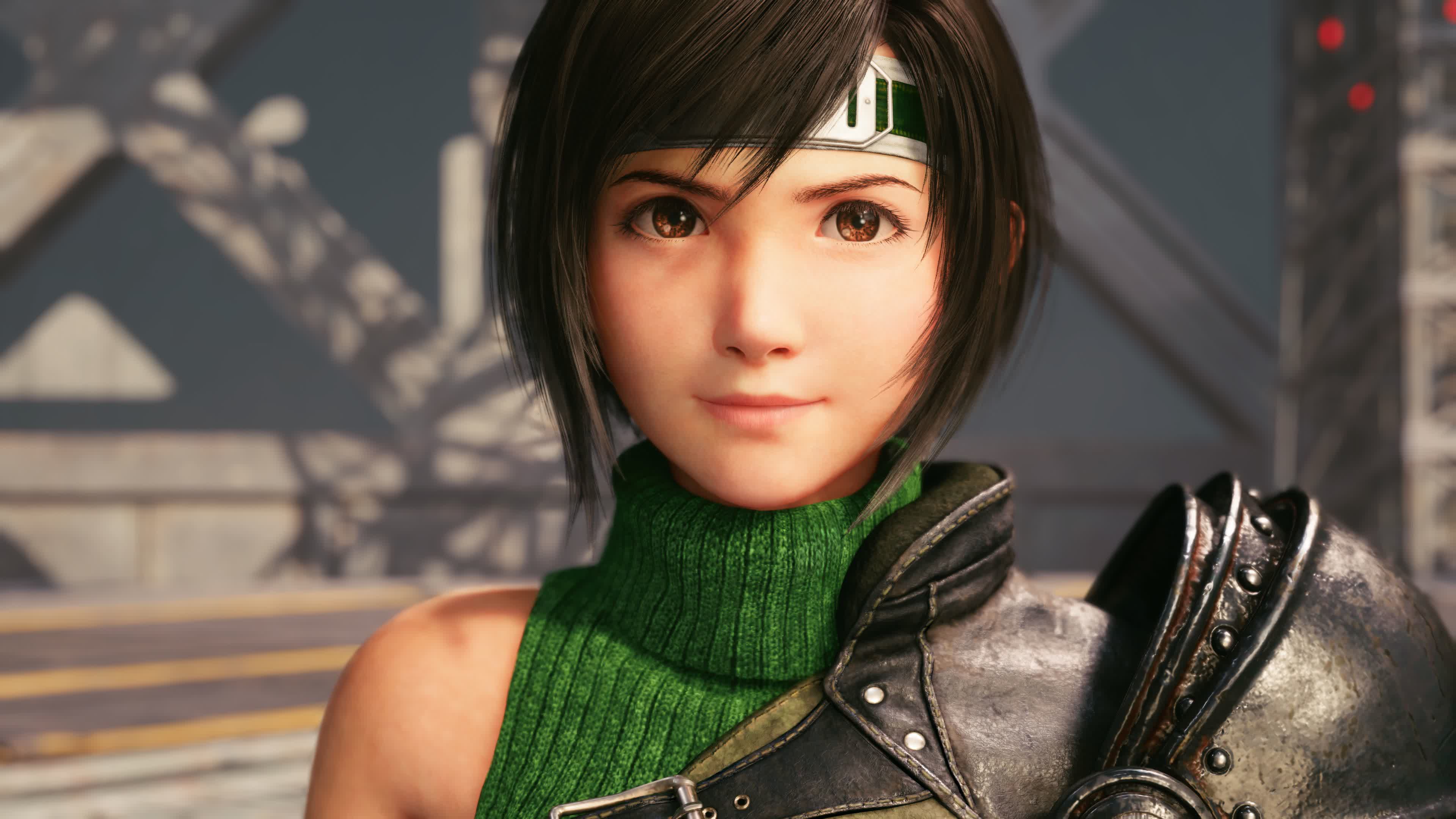
- Founded: September 22, 1975
- Genre specialty: JRPGs
- Notable franchises: Final Fantasy, Dragon Quest, Chrono Trigger
The Square Enix we know and love today was not always one company. Between the late 1970s and early 2000s, they were two separate studios. However, in 2003, they were brought together by a mutual love of RPGs and went on to make some of the most beloved games and franchises in the entire world – not just their home country of Japan – under one umbrella.
These games include the entire Final Fantasy Series, Dragon Quest, Chrono Trigger and Chrono Cross, Secret of Mana, Super Mario RPG (a true classic), Kingdom Hearts, and far more. Not all of these games became global successes, but many did. Square Enix is a masterful storyteller who understands their niche better than most. They create beautiful, fitting soundtracks (Chrono Trigger, anyone?) for their games, and the titles ooze with style and personality. The infamously-adorable slimes of Dragon Quest are just as unforgettable as Cloud Strife in Final Fantasy 7.
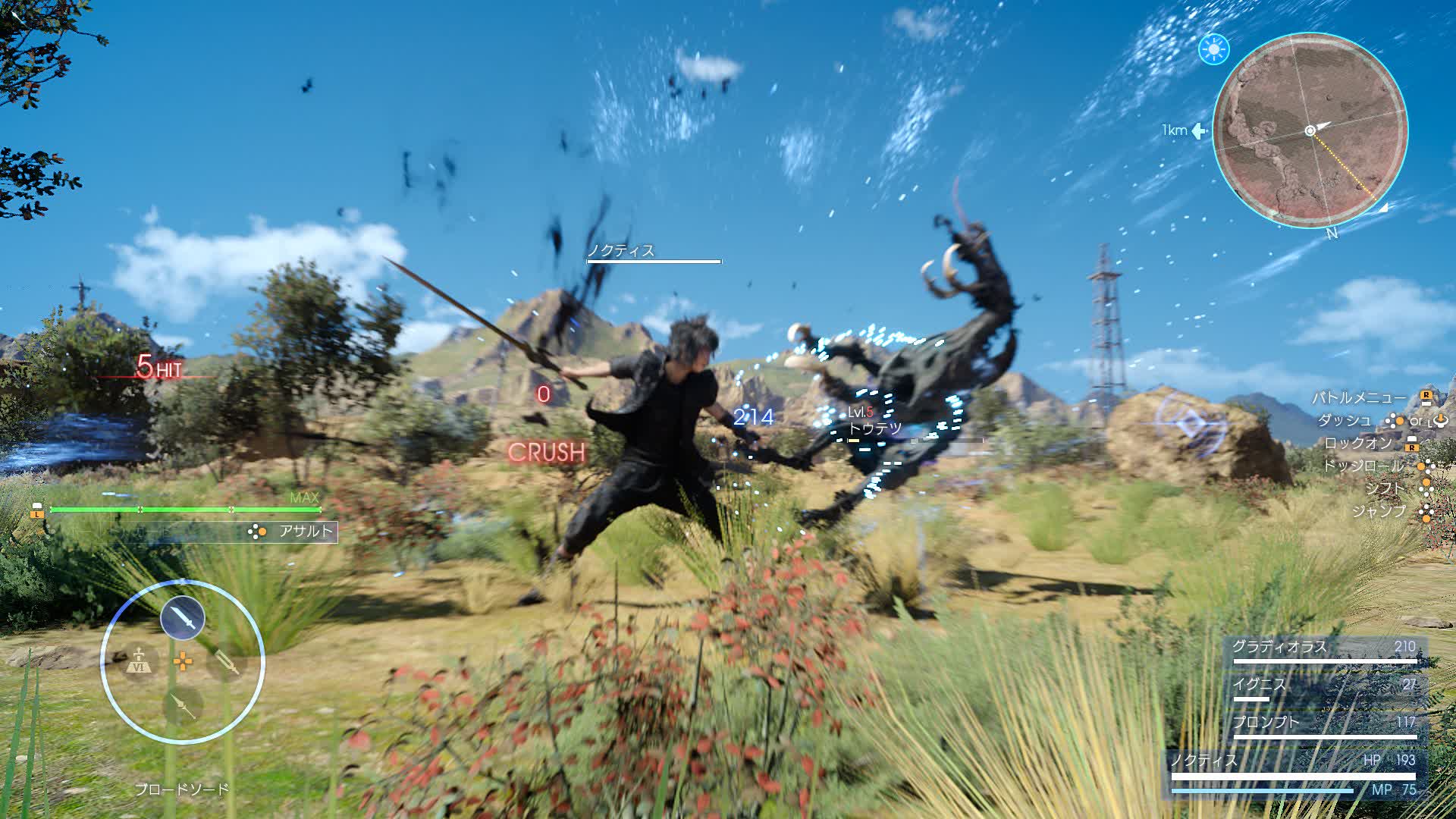
All in all, it doesn't take a hardcore Final Fantasy fan to recognize the countless contributions Square Enix has offered to this industry. Final Fantasy 7 was, for many western gamers, their first proper taste of an eastern RPG, and perhaps even their first 3D RPG period. Its innovative Materia system allowed players to more easily swap characters between classes, which was far more cumbersome in other RPGs.
Not every title Square Enix game innovates dramatically, but it still happens from time to time. Recent Final Fantasy launches, such as FFXV and the FFVII Remake, both shake up the traditional FF formula considerably. The former introduced new action-oriented combat mechanics with relatively hands-off party management, while the latter combines real-time combat with the tactical depth of issuing commands to (and even controlling) party members.
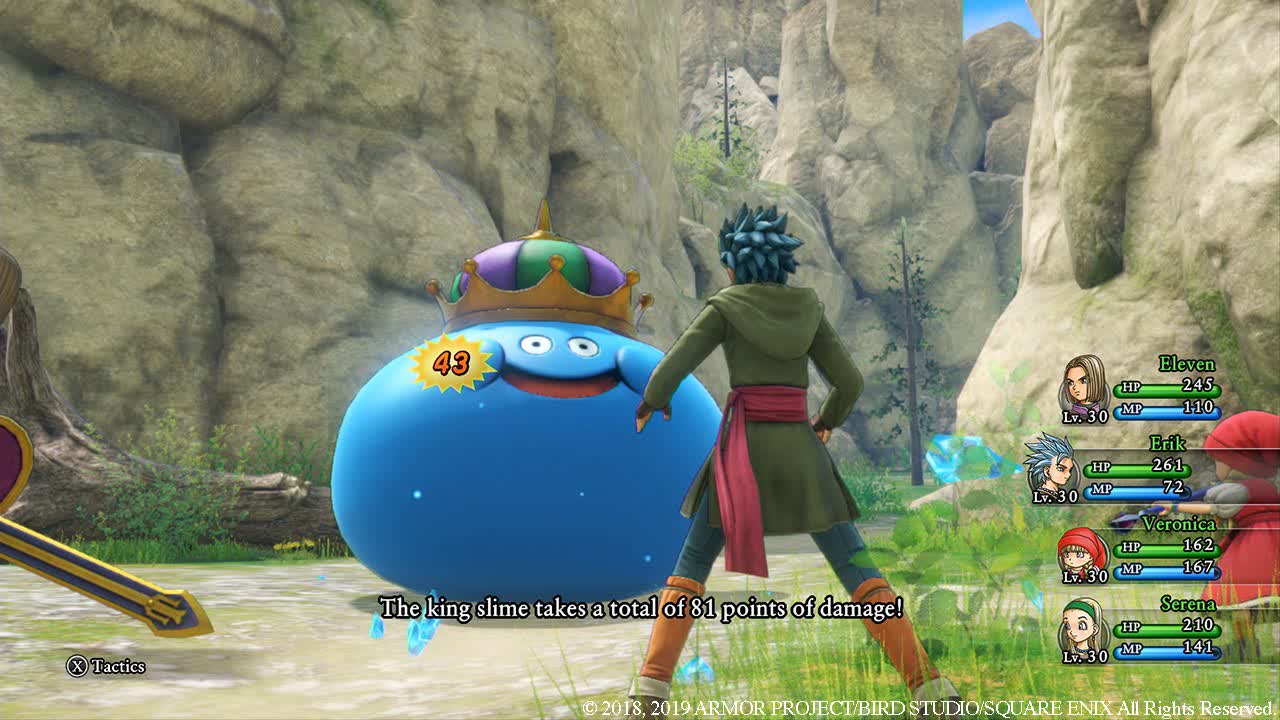
We don't know what to expect from Final Fantasy XVI yet, but from the brief snippets of gameplay we have seen, it certainly looks like Square Enix is continuing the trend its predecessor started. The bottom line is, modern RPGs – western or otherwise – wouldn't be where they are now if it weren't for the hard work Square Enix has put into its games. Hopefully, the studio can maintain its hot streak and continue creating fresh experiences that set new standards in their respective genres.
id Software
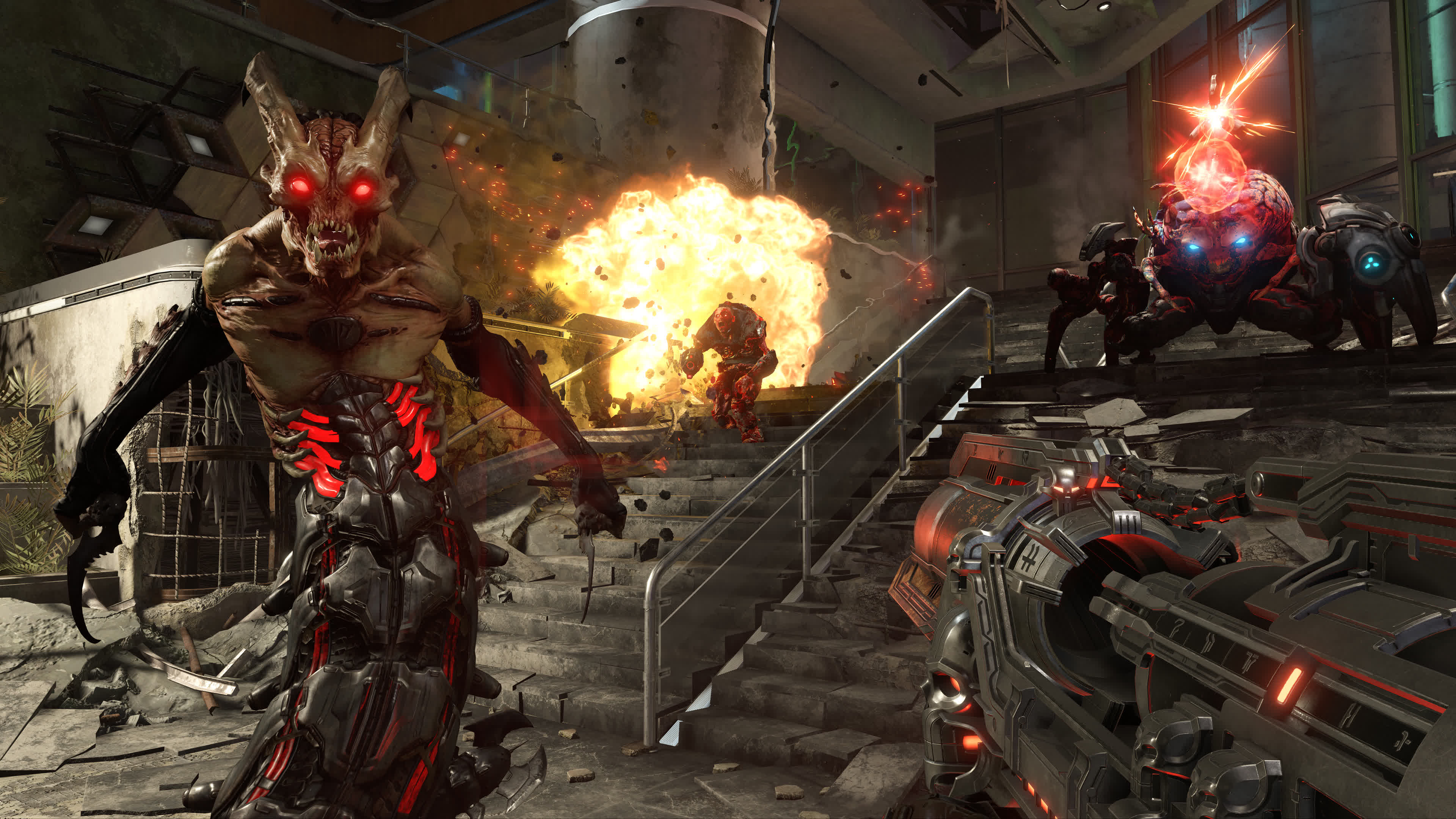
- Founded: February 1, 1991
- Genre specialty: First-person shooters
- Notable franchises: Doom, Wolfenstein, Quake
Almost every first-person shooter released to date owes its existence to id Software. Perhaps another company would have created the genre had id not been around, but as the studio behind not one, not two, but three grandaddies of the FPS market, it's sensible to give them a fair amount of the credit.
id Software was formed in 1991 and launched its first shooter just a year later in 1992. That game was, of course, Wolfenstein 3D: the world's first real FPS. By modern standards, the game was nothing special – it had simplistic pixel art graphics with rudimentary, undetailed 3D environments, and a very small roster of weapons. However, at the time, it was revolutionary. There were guards to kill, power-ups to find, hidden rooms to unlock, and a Nazi regime to topple. The gameplay mechanics were simple, and they remained simple with id's next major release: Doom.

Doom was the game that truly kickstarted the FPS genre. It was brutal, it was bloody, and for the time, it was incredibly immersive. Demons would explode in a gory pile of flesh when hit with a shotgun or rocket launcher, and weapons had a satisfying 'crunch' to them that just wasn't present in Wolfenstein 3D. The game's full source code was eventually released to the public, allowing players to mod the game (or create new projects entirely) to their heart's content. It also featured full multiplayer deathmatch support and music that mixed elements of techno and metal into one heart-pounding soundtrack.
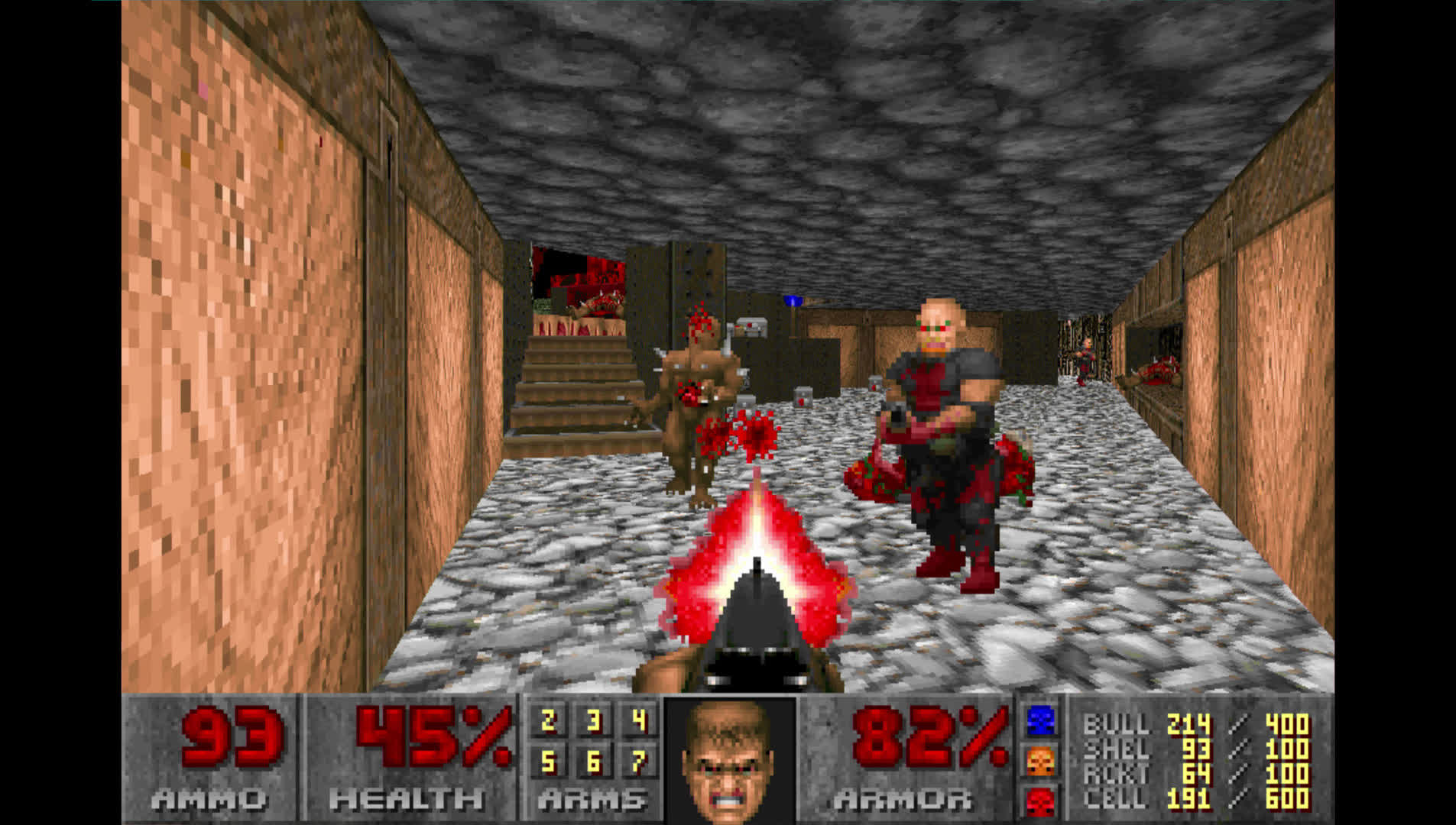
While Wolf3D may have been the first FPS, Doom was easily the most influential. It inspired the Quake series, which sought to take what made Doom great – its approach to level design, weapon variety, and exciting combat – and bring it to the 3D realm. It also placed a greater emphasis on multiplayer functionality, offering both story co-op and fast-paced, online deathmatch. Active dodging and movement were also emphasized, due to the discovery of tactics like rocket jumping, bunny hopping, and wall-running.
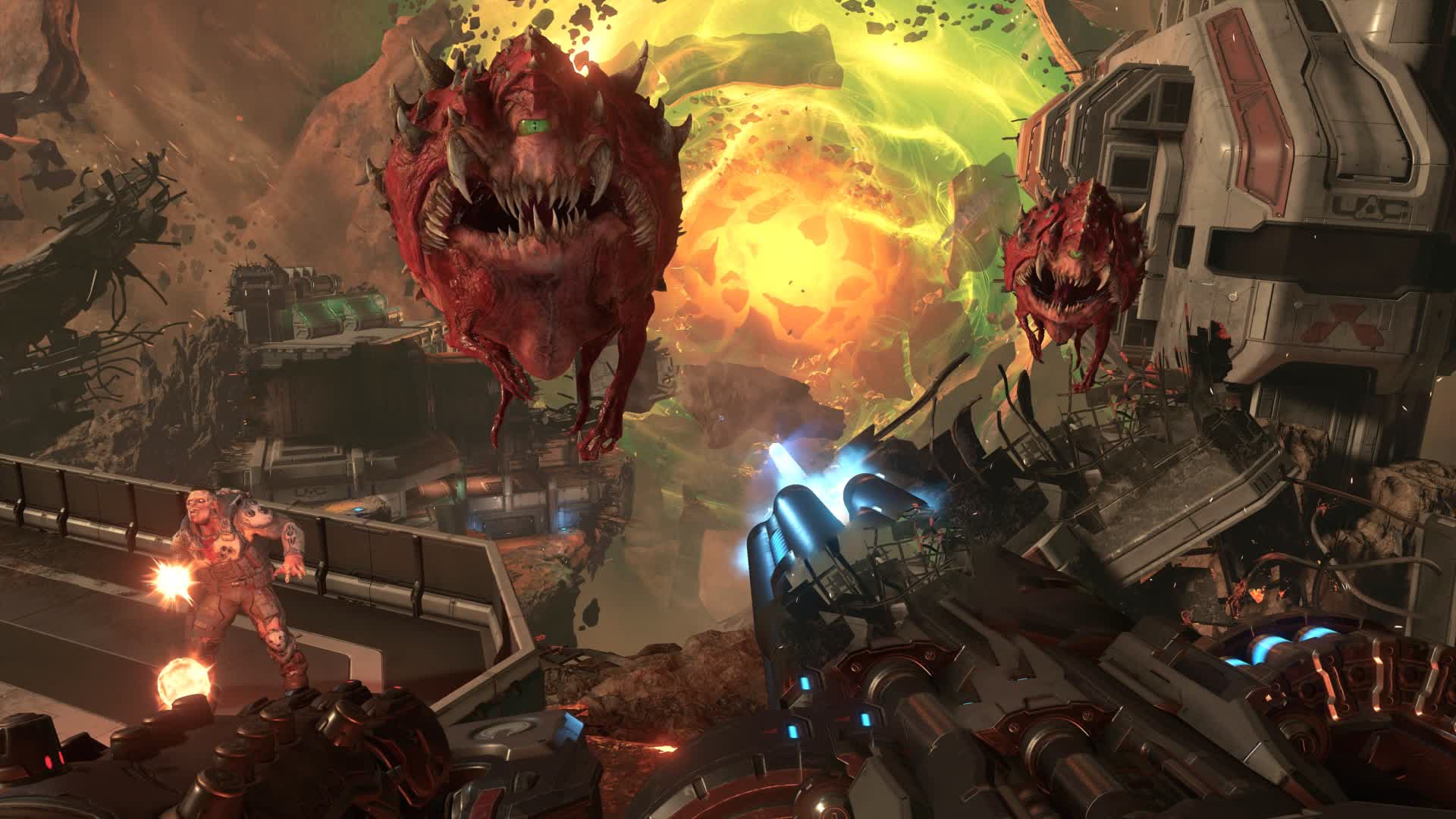
We probably don't need to say more here: id Software's impact on the gaming community is obvious, far-reaching, and ongoing. That isn't to say the studio is resting on its laurels as of late. Doom 2016 and Doom Eternal are brilliant games that do a surprisingly good job of emulating the feel of old-school shooters without tossing out all of the advancements in tech, gameplay, and graphics that we've seen over the years. I'm looking forward to seeing what id has up its sleeve for its next big release.
FromSoftware
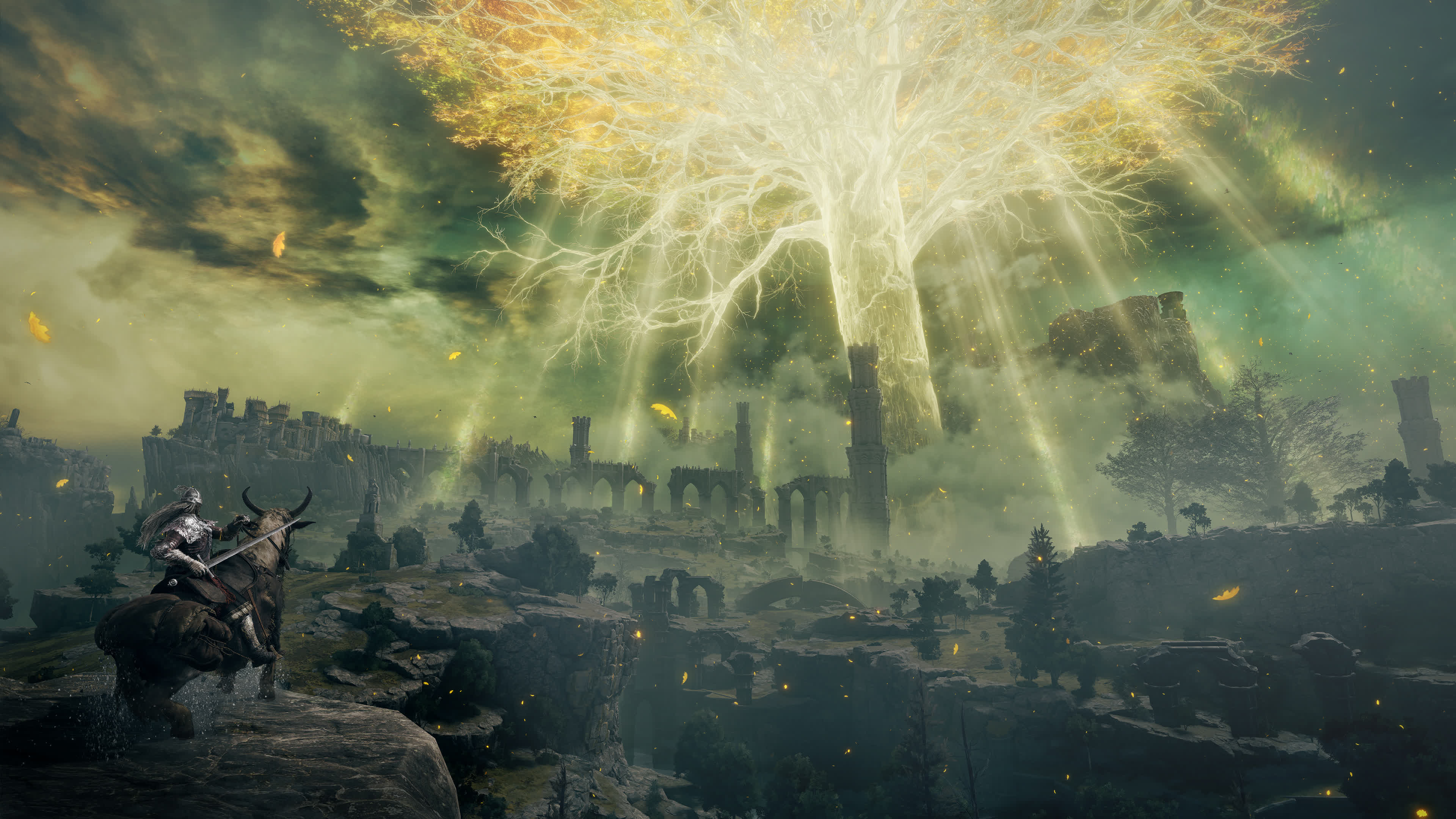
- Founded: November 1, 1986
- Genre specialty: Third-person RPGs
- Notable franchises: Dark Souls, Armored Core, Bloodborne
The term "Souls-like" is so overused by gamers and members of the press that it's long since crossed into meme territory, and is frequently mocked as a result. But just think about why that term exists: a developer created a series of games that is so fun, so popular, so iconic, and so bloody difficult that dozens upon dozens of other studios have sought to emulate their formula in one way or another. That developer is none other than FromSoftware.
FromSoftware was established as a game development studio in 1994, but for a couple years prior, it developed productivity software; hence its unusual company name. However, when FromSoftware did start creating games, it really created games: nearly 50 in total by 2009, which was the year Demon's Souls was released for PlayStation 3.
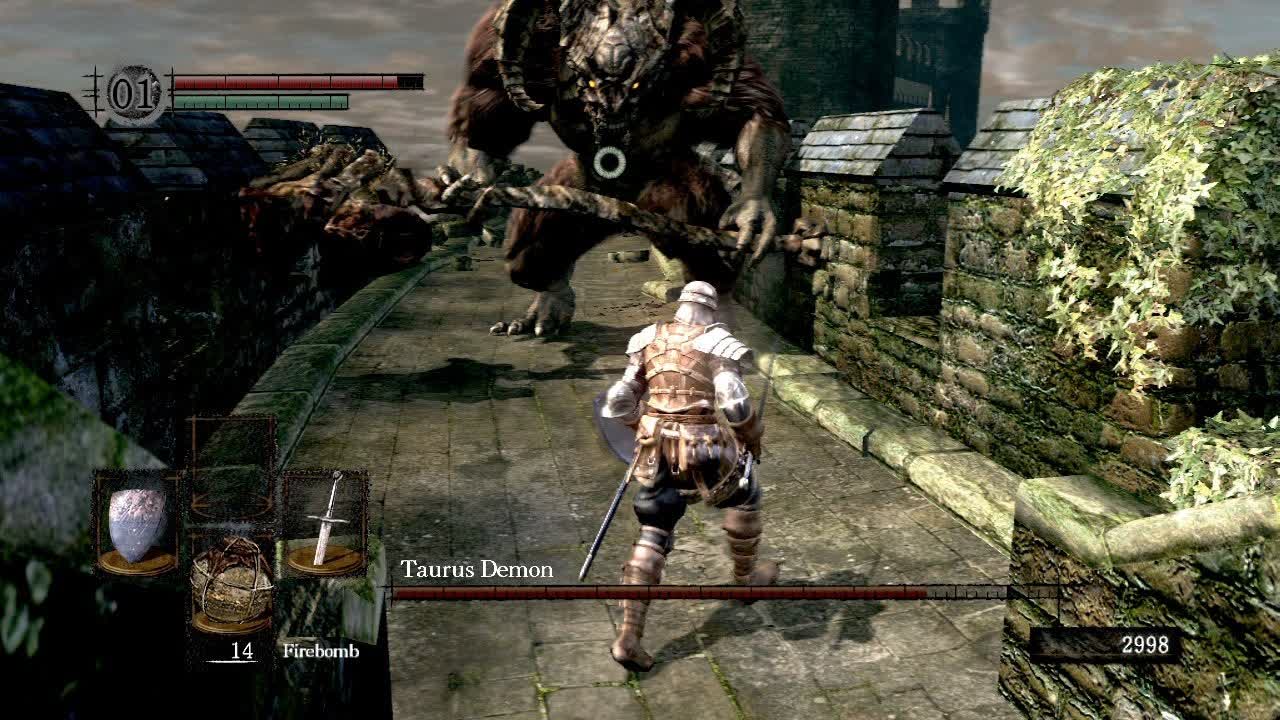
Since Demon's Souls success, FromSoftware has focused almost exclusively on Souls and Souls-adjacent games, with only the occasional detour for something like Armored Core V, Steel Battalion: Heavy Armor, and Déraciné. They found a formula that worked for them, and for the most part, they've stuck to it.
So what, exactly, is that formula? What makes Souls (and Souls-likes) games so popular? There are many possible explanations. Perhaps it's their tendency to use subtle environmental storytelling instead of typical RPG exposition dumps. Or maybe it is their crunchy, impactful combat mechanics and freeform character progression systems (Sekiro aside). All of these reasons, and many more, could contribute to a Souls title's success.
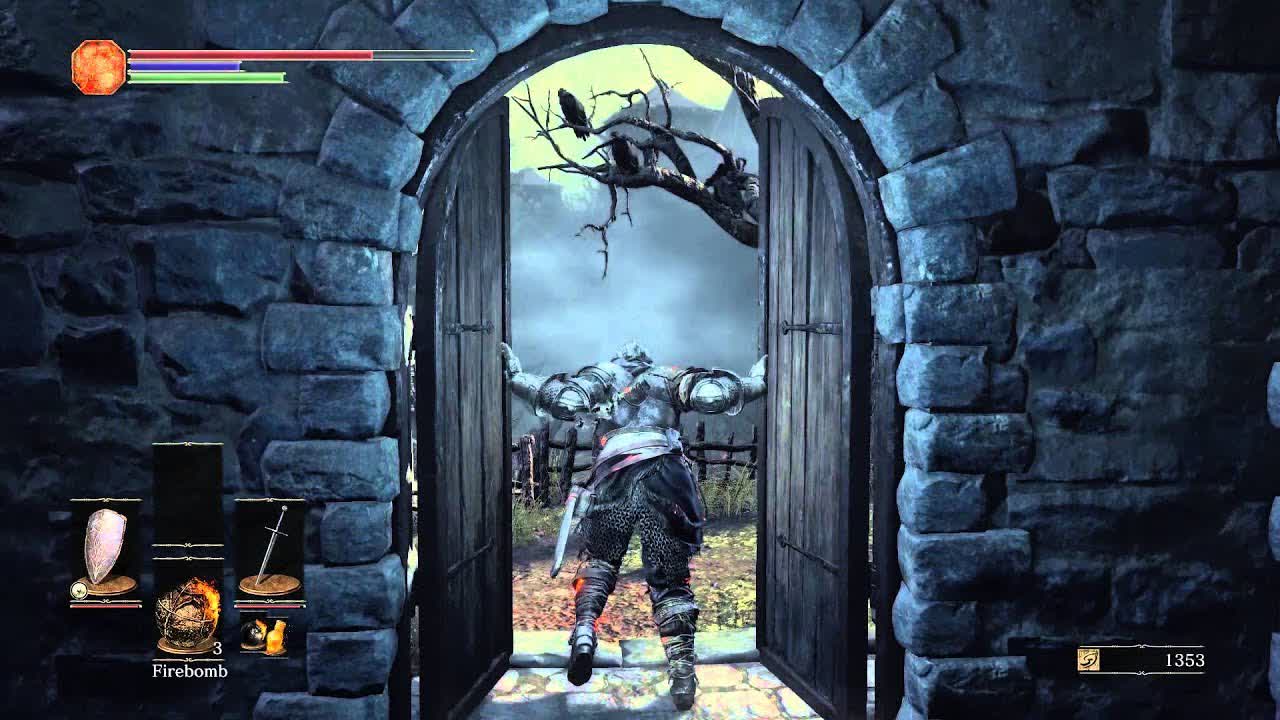
However, the real draw of these games goes a little bit deeper. The Souls franchise's uncompromising, unrelenting dedication to the intended player experience is what makes them great. Some games offer difficulty settings, sliders, or unlockable cheats that allow players to modify their experience and make the game easier or harder. There is absolutely nothing wrong with those, but FromSoftware is vehemently against such mechanics and toggles in their titles.
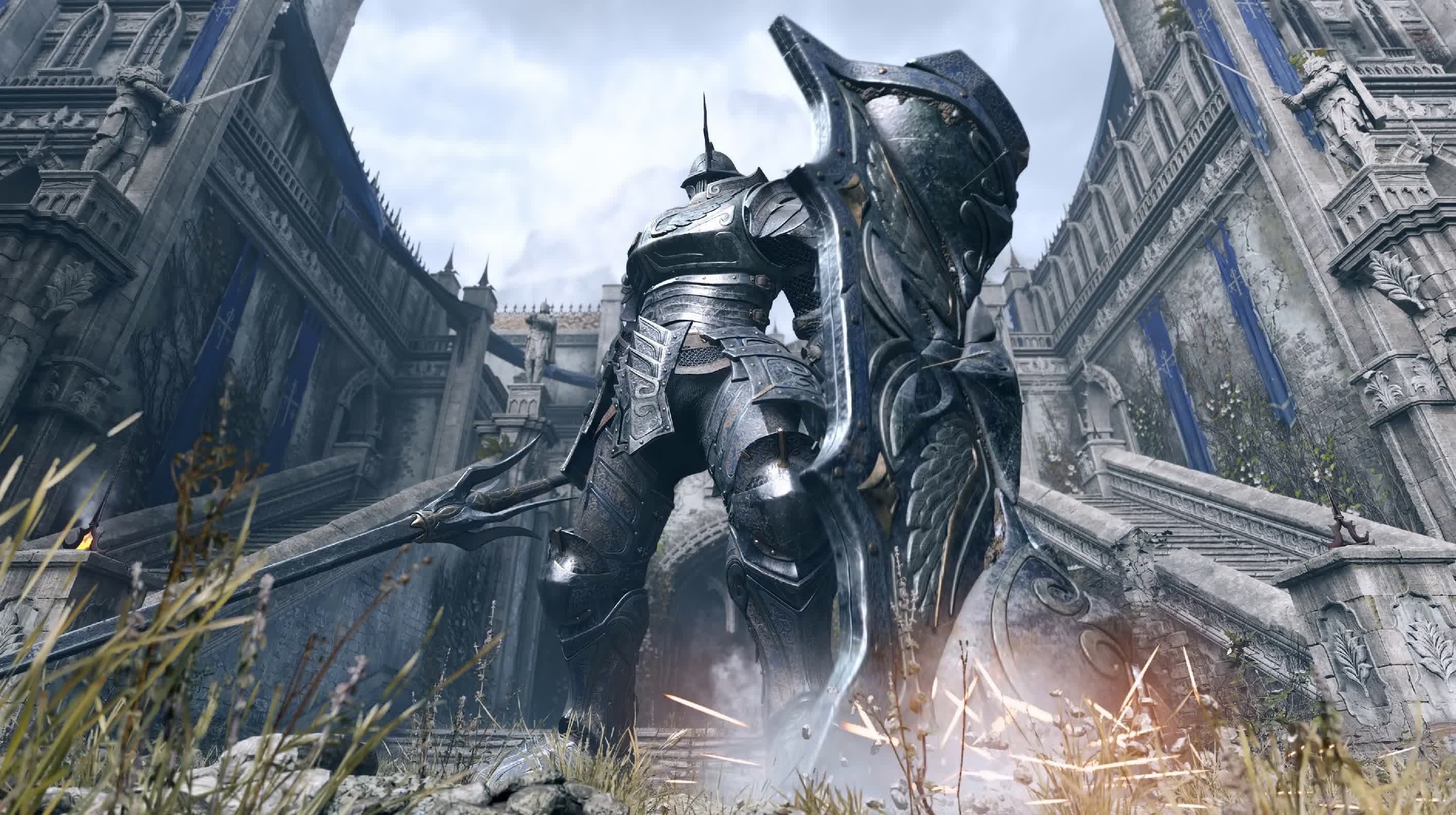
In fact, if you try to mod the studio's games at all, you're likely to get banned from playing them online. This hardline approach might sound like a bad thing on the surface, but AAA games that go that route are rare. Souls games are made for a certain type of player, which is why many people tend to simply bounce off of them when friends finally persuade us to give them a try.
But that's okay, the Dark Souls series has taught the industry that it's fine to take risks and make games that won't appeal to everyone. Nobody can accuse FromSoftware of lacking passion, and it's obvious that they aren't afraid to alienate a few players in that pursuit. With that, the studio's upcoming Elden Ring does look a tad more accessible than its predecessors, so perhaps FromSoftware's hard stance might change moving forward. Only time will tell.
Valve
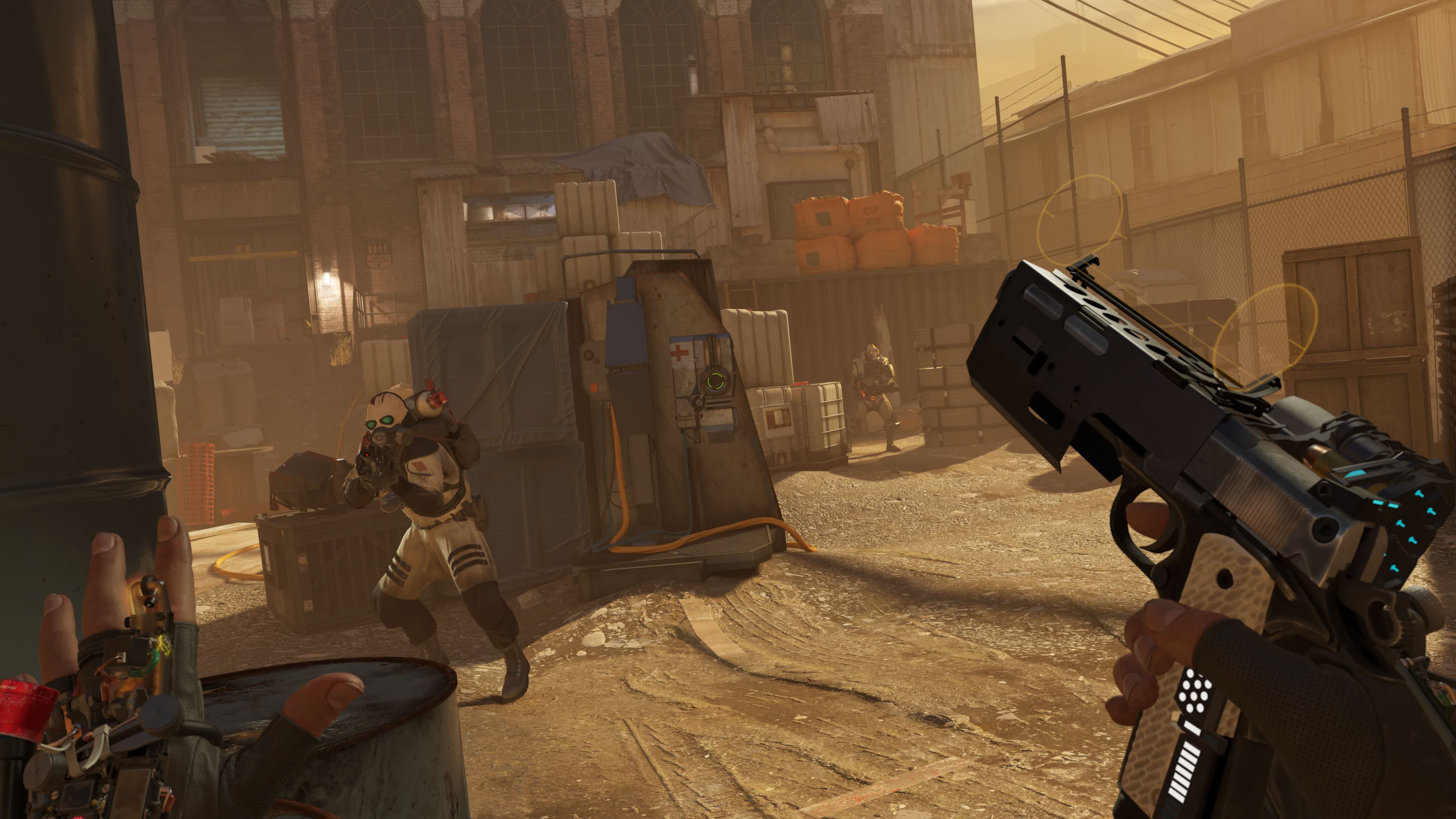
- Founded: August 24, 1996
- Genre specialty: Various
- Notable franchises: Half-Life, Left 4 Dead, Team Fortress, DOTA
We've discussed several genuinely influential game developers so far, but most of them have contributed to a specific genre – few have seen widespread success across multiple genres. But that's precisely what Valve has achieved over the years.
Look at almost any of Valve's franchises, and you'll find a success story. Half-Life introduced the world to linear-yet-sandbox, 3D, story-based shooters. Team Fortress 2 blew minds with its amazing class-based competitive gameplay. Portal proved that not all first-person "shooters" require brute-force to succeed, and DOTA 2 is.. well... DOTA 2. And let's not forget about Counter-Strike; one of the longest-running, and most-beloved PvP FPS franchises on the market. And what about Left 4 Dead, the game that essentially invented the horde-based, co-op survival genre?
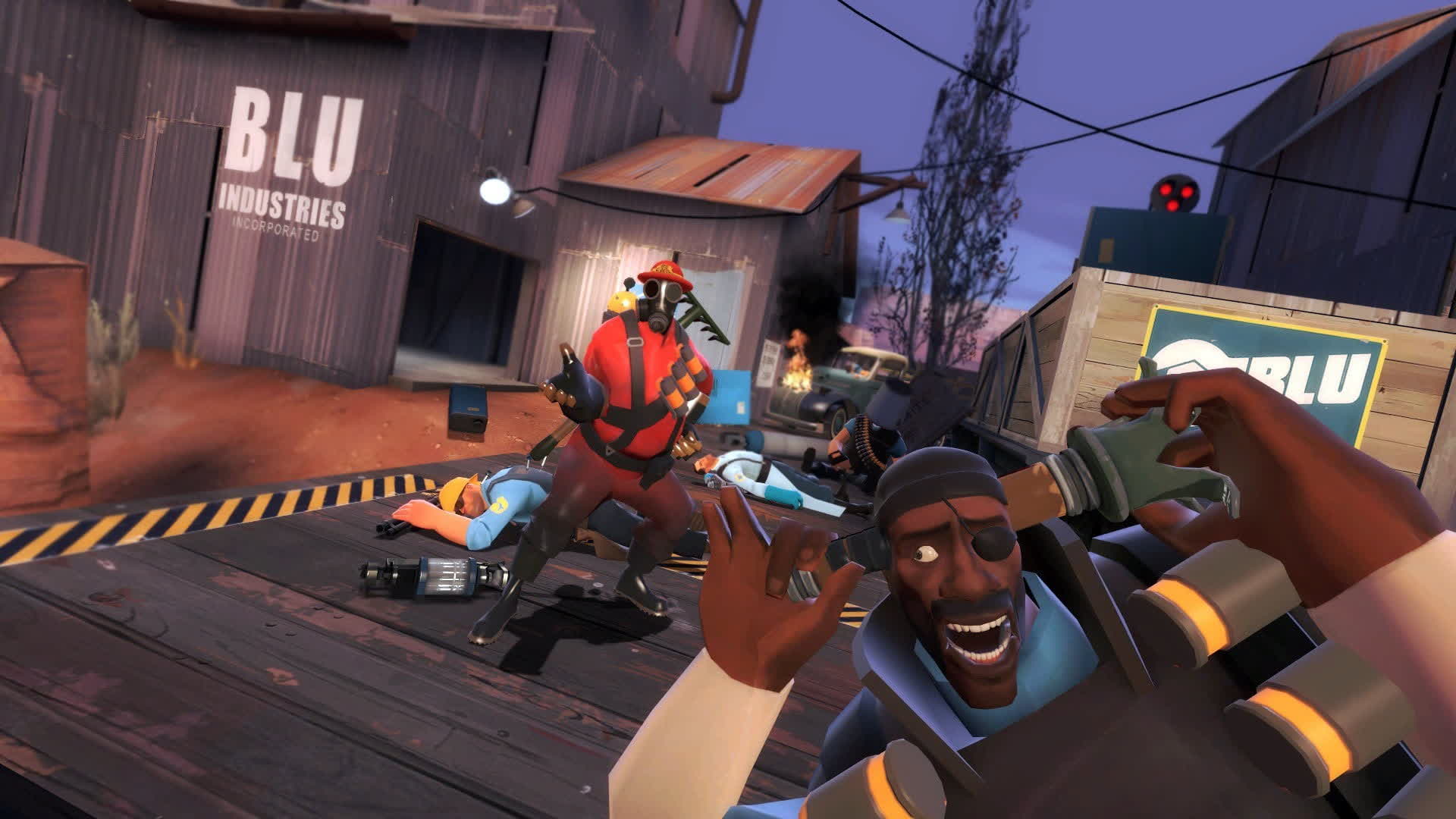
It seems like no matter what, when Valve steps into a new genre (or creates one), it excels. Even when the studio returns to game development after an incredibly long hiatus and enters new territory, as they did with VR system-seller Half-Life: Alyx, they seem to knock it out of the park.
Valve isn't a fast-moving rabbit of a studio that pumps out fresh releases annually, but perhaps it doesn't need to be. When Gabe Newell & co. are working on a new project, the entire industry pays attention. That level of respect and status cannot be achieved overnight. It takes years of dedication, passion, creativity, and a focus on polish that you don't often see in modern games.
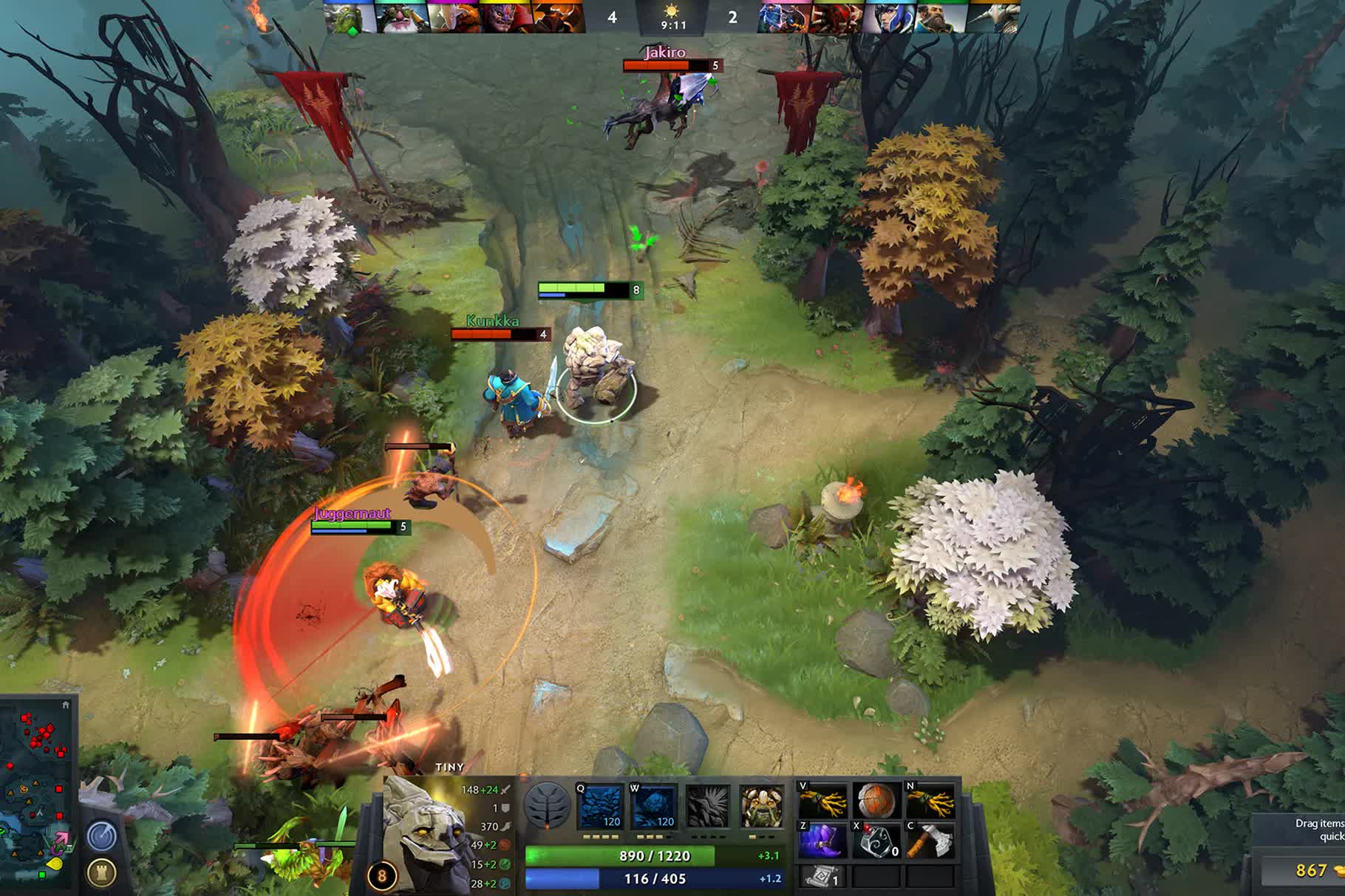
Valve makes incredibly good games with lifespans that every "live service" would salivate over. Valve inspires competitors, modders, and other creative types to develop experiences that pay homage to, or perhaps just improve upon the studio's work in some way. And when we look at amazing games like Overwatch and Vermintide – inspired by TF2 and Left 4 Dead, respectively – we can't help but feel grateful that Valve is still around and innovating, albeit at a glacial pace.
Naughty Dog

- Founded: September 27, 1984
- Genre specialty: Story-driven action-adventure/third-person shooter
- Notable franchises: The Last of Us, Uncharted
Some game development studios start out with a clear vision of the types of games they want to make. CD Projekt Red is a good example of such a company: they started with the story-driven Witcher, and have developed almost exclusively story-driven RPGs ever since, with no apparent desire to switch things up.
Other studios take years, sometimes even decades to find their footing. That has been the case with Naughty Dog. It was founded in 1984, and the team's first-ever game was a simple education title called "Math Jam." Years later, Naughty Dog delved into 3D platformers with the highly-successful Crash Bandicoot series. Those games were by no means masterpieces, but for Naughty Dog, they still represented a significant step-up from much of their past work.
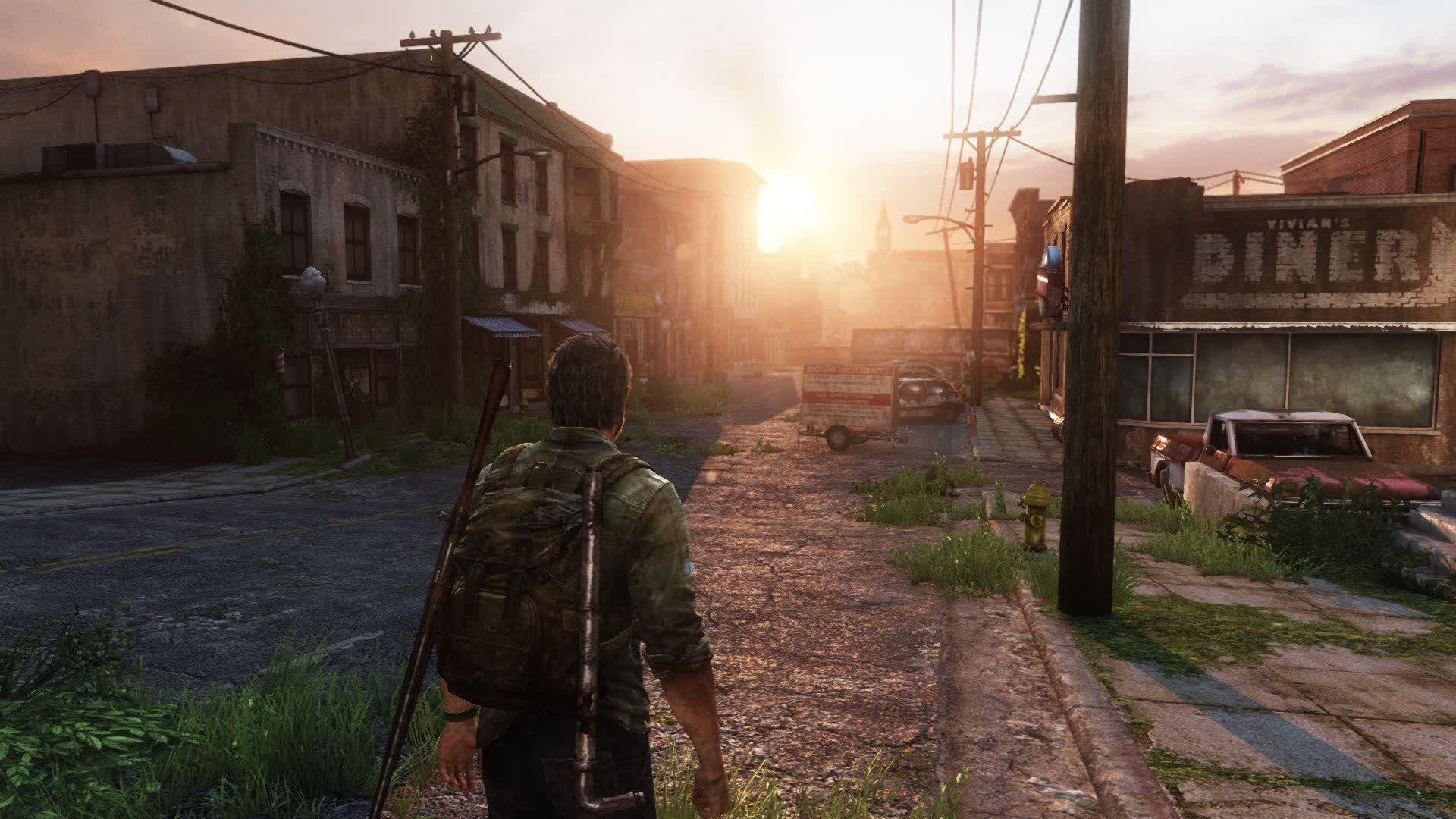
Then came Jak and Daxter; a slightly grittier, more mature series (with plenty of humor) that also emphasized 3D platforming. However, it scaled things up with more open environments and more complex storylines (compared to Crash Bandicoot, anyway). These games are some of my personal favorites, and I still boot them up from time to time when I want a hit of nostalgia.
Then came Uncharted, which has turned into one of the most popular third-person shooter franchises. The series featured excellent exploration mechanics, a compelling story, solid character writing, entertaining (though not incredibly complex) stealth, and intense combat. Each game in the series builds on past successes with additional layers of polish, both for graphics and core gameplay mechanics.
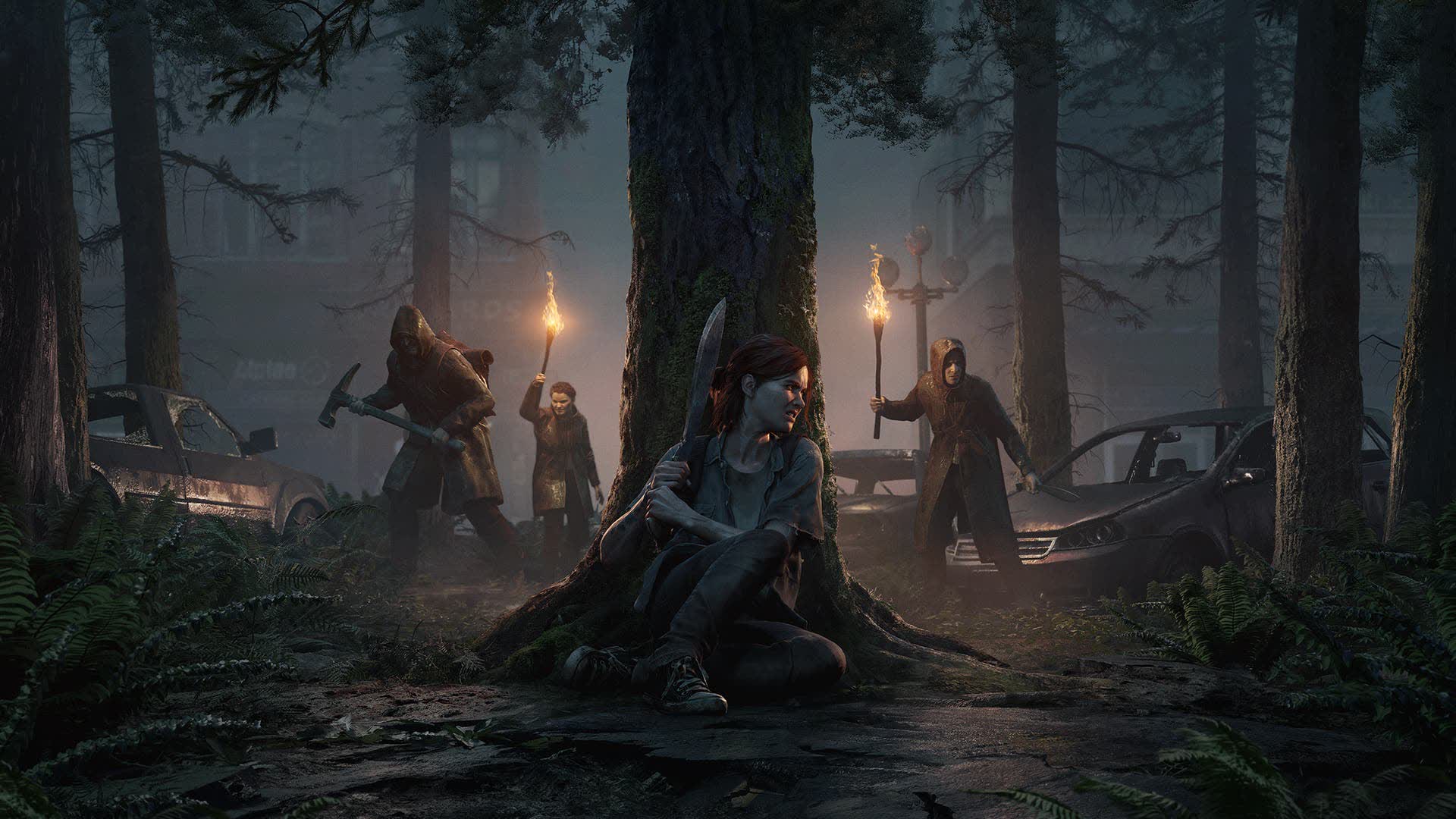
The Last of Us series, though only two games strong for now, is considered Naughty Dog's magnum opus by many. Plenty of games tell emotional stories, but The Last of Us 1 and 2's campaigns are some of the most believable and heart-wrenching tales ever seen in a video game. As we said, the Uncharted series had good storylines, too, but those games take themselves far less seriously than The Last of Us.
Though there are moments of levity, both The Last of Us 1 and 2 are depressing death marches through corpse-filled city streets, flooded subway tunnels, and abandoned forests. You'll frequently find yourself being slowly surrounded by enemies as you attempt to sneak through a heavily-guarded compound. That doesn't just make for exciting gameplay; that ever-present feeling of being outnumbered and outgunned contributes to the game's story of survival and perseverance in the face of overwhelming odds. In The Last of Us titles, you never know what's around the next corner. You never know which of your allies is going to die next.
Naughty Dog's ability to consistently write, create, and improve upon those experiences is worthy of praise.
Blizzard
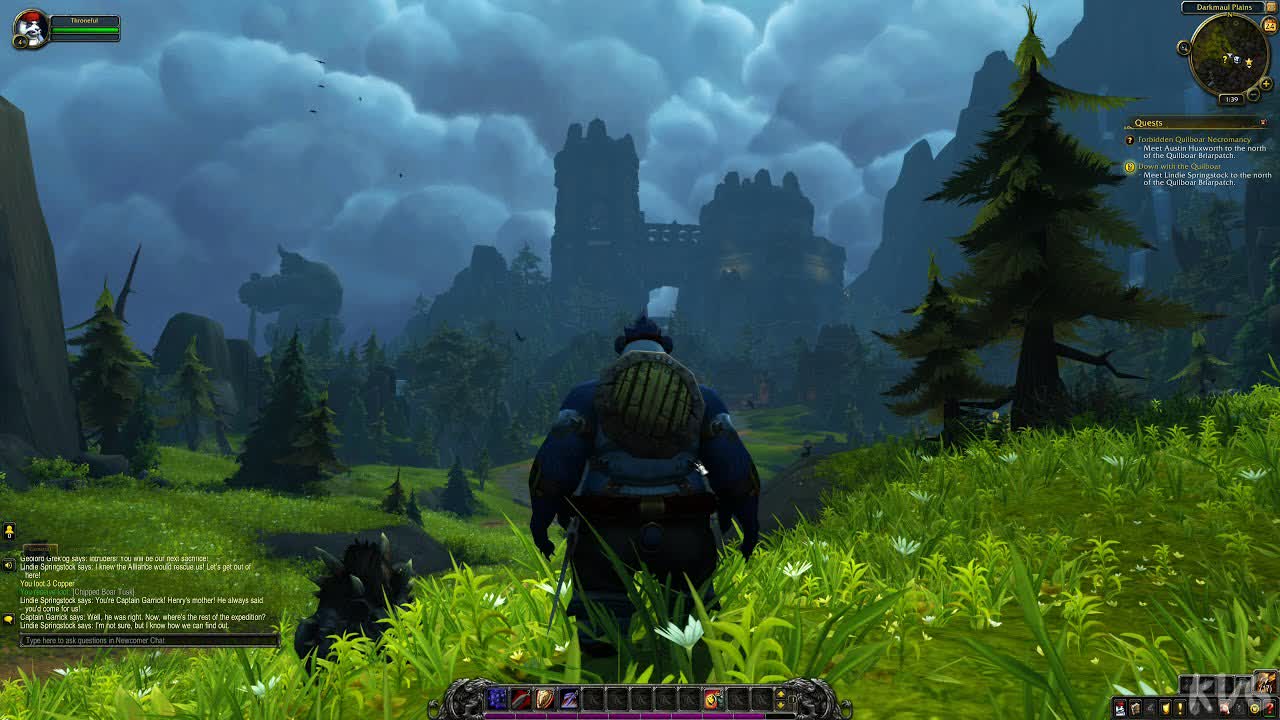
- Founded: February 1991
- Genre specialty: Various
- Notable franchises: Warcraft, Starcraft, Diablo
Love it or hate it, Blizzard is a pillar of the gaming industry. This team has an uncanny knack for taking a game genre and putting their own original spin on it, immediately making the game more accessible and fun to the average player. Not everybody appreciates that approach.
Look at Heroes of the Storm: it has all the fun of a traditional MOBA without the frustration. Matches are fast-paced, there are no items to buy, and there are a wide variety of maps to battle on, each with unique win conditions or special effects. Then there's Diablo 3: an excellent ARPG that sheds much of the complexity of its predecessors (and competitors) in favor of a simplified, approachable experience that you can easily drop into with your friends. Overwatch, Hearthstone, and the World of Warcraft of 2021 have all adopted similar strategies, and despite their troubles, are still heralded as some of the best games in their respective genres.
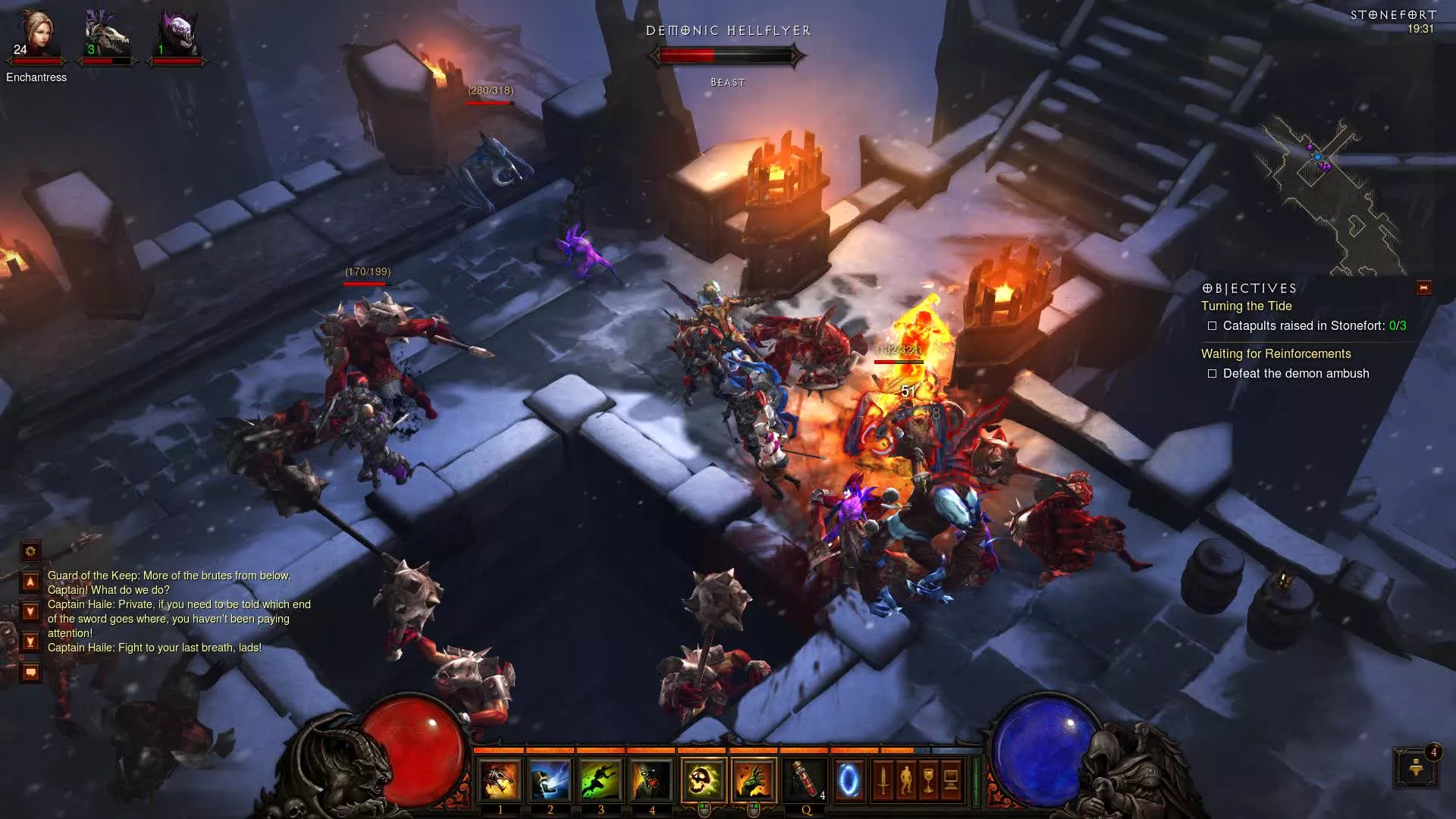
Believe it or not, accessibility was a focus for Blizzard even in the early days of World of Warcraft; a game that didn't invent the MMORPG genre, but sure as hell advanced it substantially. This might sound bizarre to fans of the modern game, but WoW was considered the more "casual" of the available MMOs in the early 2000s. Indeed, compared to the gameplay of something like vanilla Everquest, vanilla WoW was downright forgiving!
Thanks to Spirit Healers, there was no need to run across multiple continents to reach your corpse after death, and leveling solo through quests was actually practical, while it was an impossibility in early Everquest. PvP gameplay was also more forgiving in WoW, with the worst penalty being lost time from corpse running. In vanilla Everquest, the player that killed you could actually steal one of your items, no matter how rare or valuable.
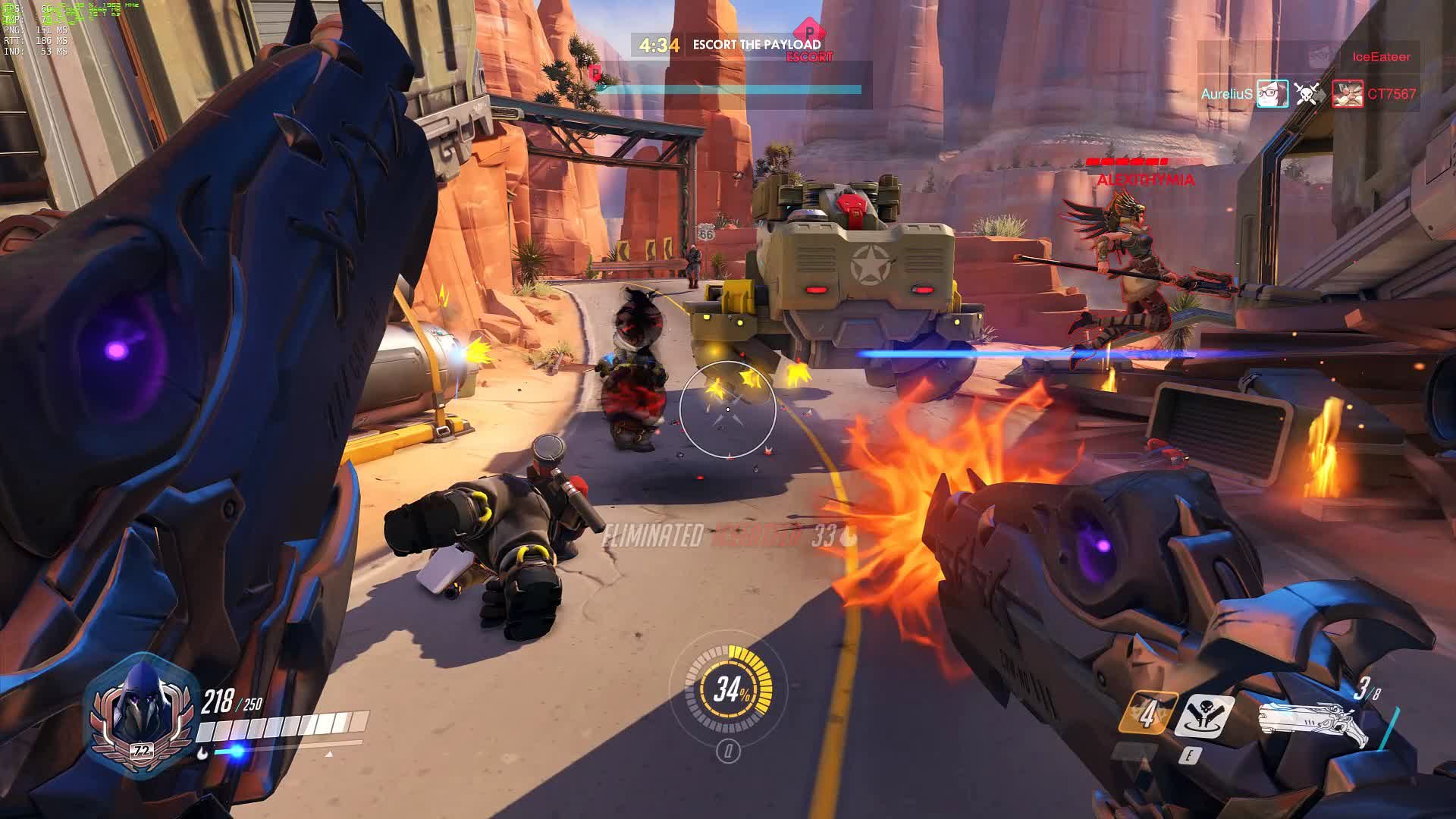
In other words, Blizzard took many of the things Everquest did "wrong," and overhauled them into a series of systems that the average Joe could find appealing – the cartoony graphics certainly helped there. For these reasons (and more), WoW exploded into the mainstream, leeching players from its competitors at an unprecedented rate, and drawing in completely new fans along the way. Since release, WoW has been copied, joked about, vilified, and loved by people all around the world. And despite the many controversies that follow the game, it is still popular enough that you'll rarely have trouble finding a group of players to run a dungeon with or sell your items to.
WoW will go away someday, in all likelihood. But when it does, the developers that poured their blood, sweat, and tears into the game can rest easy knowing that they left a legacy behind that won't soon be forgotten.
Honorable Mentions
- Bay 12 Games
- Paradox Interactive
- Ubisoft
- Larian Studios
